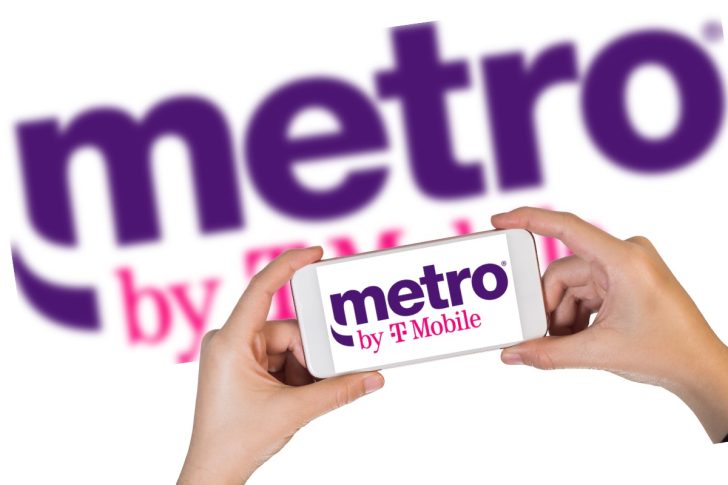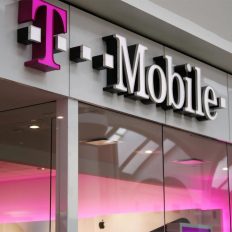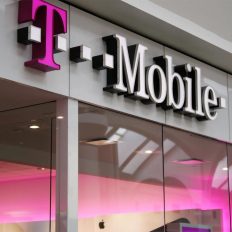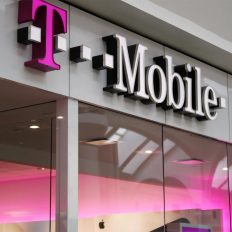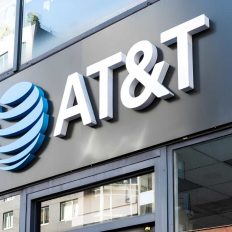Catching a break this year might not have been a part of T-Mobile’s business strategies because a whistleblower has allegedly divulged some illicit activities that appear to be taking place at some of the U.S. carrier’s outlets flaunting the Metro branding. As if things were not bad enough, we recently reported that the company was facing a class action lawsuit for apparently misleading customers, and on this occasion, it is possible that some representatives are taking shortcuts to increase sales. Let us talk about the latest information in more depth.
A letter from a whistleblower reveals that the District Manager of T-Mobile has retail stores engaged in ‘significant financial theft’
A former Metro by T-Mobile employee, whose identity remains anonymous, sent a letter to PhoneArena, providing details on how some of the carrier’s outlets are bolstering their sales targets through illegal methods. The report mentions that a District Manager, whose identity was revealed in the letter but kept hidden in the report, has been involved in these business practices ever since that person took the position in the first quarter of the year. As for how this entire operation works, the District Manager acquires ported numbers through an outside source.
These numbers are then used to manipulate phone prices and later discounted in Metro’s database. Additionally, the ex-Metro by T-Mobile employee says that other individuals on the company’s payroll were informed to follow the same practice of selling those discounted handsets at elevated prices to customers, generating a decent profit. The person also mentions below that none of the employees were allowed to sell phones under a certain price bracket. As for how this operation is yet to be caught by T-Mobile’s higher-ups, those details are provided below:
“As employees, we were not only encouraged but expected to use these ported numbers to greatly improve the sales numbers of the stores. We were instructed to quote higher prices of phones to customers and once they agreed to the price, we would use ported numbers to get the discounted price in the system but then ring out accessories to make up the difference. We were not allowed to sell phones under a certain price so we were required to scan as many accessories as possible to have the customer still pay the full quoted price of a phone. This is where the theft of customers happens.”
Assuming that a particular phone was out of the customer’s budget, the purchase was still approved by the District Manager, but that customer would be charged for accessories ranging from chargers, headphones, phone cases, and other items. As for people who agreed to purchase those phones at the quoted figure, employees would allegedly scan the accessories, which were never given to the buyer but would be returned to the store’s inventory to be sold later.
This practice has allowed the District Manager and Metro employees to obtain lucrative commissions and bonuses. PhoneArena has likely inquired Metro and T-Mobile about the latest allegation, and upon hearing an update, we will provide new information to readers. Unfortunately, there is no concrete proof that these business activities actually take place, so it is best to treat the letter with a pinch of salt.
